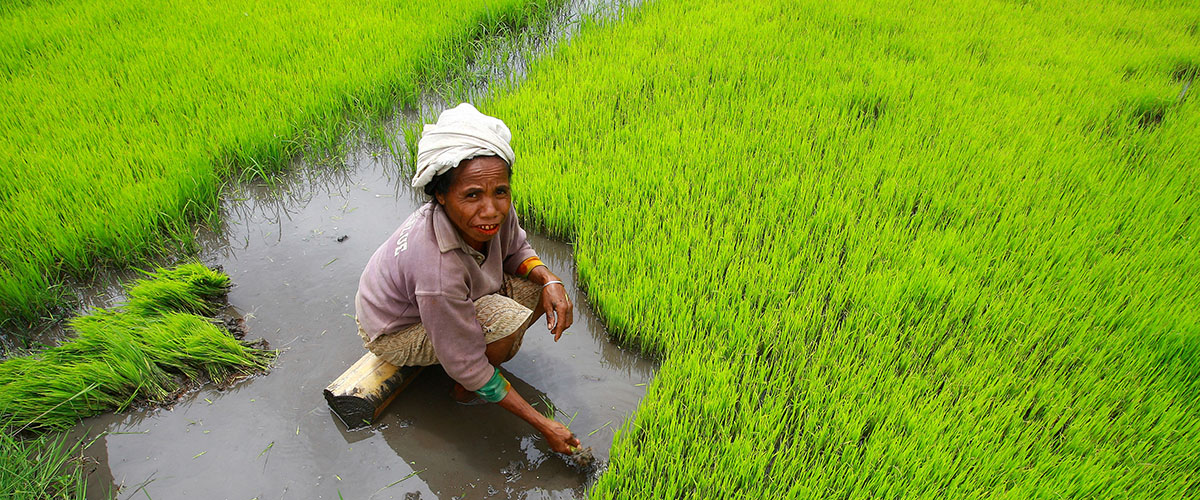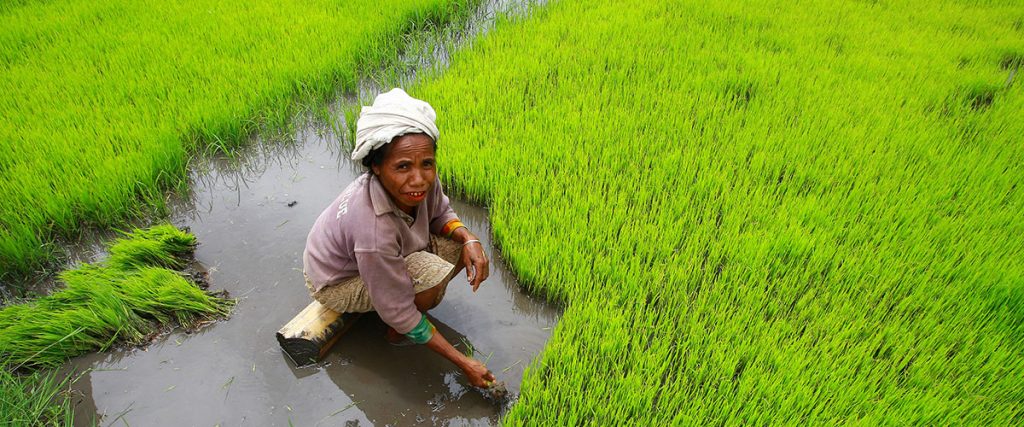
UN Women has said 118 rural women in Shinyanga and Singida regions are set to benefit from Climate-Smart Agriculture (CSA) and entrepreneurship.
Training, according to UN Women, set to enhance women in rural economic wellbeing.
UN Women Regional Director for Eastern Africa and Southern Africa Roberta Clarke said the training would be conducted in collaboration with CSA and other stakeholders to address structural inequalities in rural areas.
“Through CSA collaboration, women farmers, authorities, local farmer organisations and cooperatives aim at addressing structural inequalities in rural economies in Africa, starting with difficulties facing women in securing tenure for quality farmlands,” Ms Clarke said in a press statement.
The press statement was released during the commemoration of International Day of Rural Women (October 15) which brings forth Women’s economic empowerment in attaining gender equality which is a prerequisite for inclusive and sustainable development.
Ms Clarke hinted that the project entitled ‘Realising Gender Equality through Empowering Women and Adolescent Girls’ was launched in September.
The project aims at strengthening the social and economic resilience of rural women and adolescent girls in Singida and Shinyanga regions through support from the Korea International Cooperation Agency (KOICA).
Tanzania Horticultural Association (Taha) Chief Executive Officer, Dr Jacqueline Mkindi, said the horticultural industry set to increase productivity, access to market and boost rural women earnings in Singida and Shinyanga under the project.
“The horticultural value chain plays a vital role as the agricultural subsector in improving rural livelihoods and national development at large,” she hinted.
Taha has partnered with UN Women in this project.
The UN Women regional office for East and Southern Africa supports the economic empowerment of women across 13 countries – all of which have different contexts, priorities and opportunities.
The goal is to eradicate poverty, increase the quality of livelihood and support women in their innovations, social enterprises and capacities to secure social, economic and environmental assets and knowledge.

